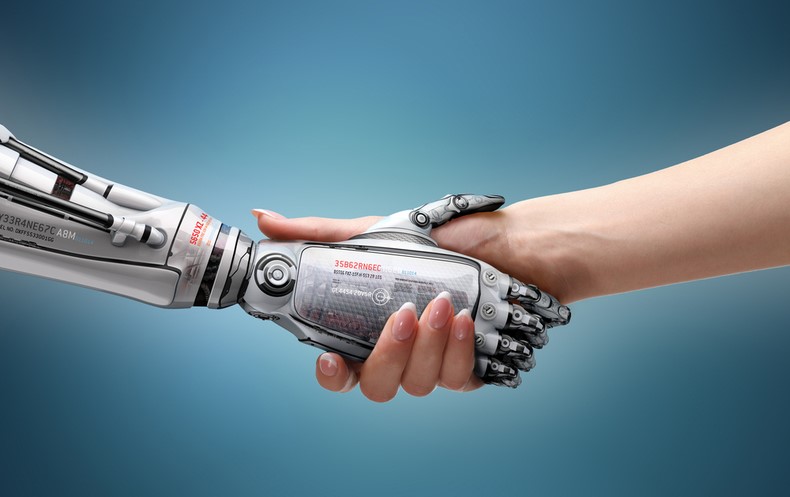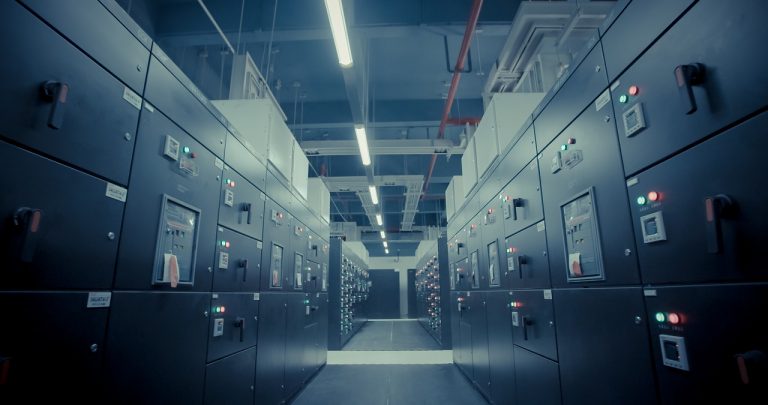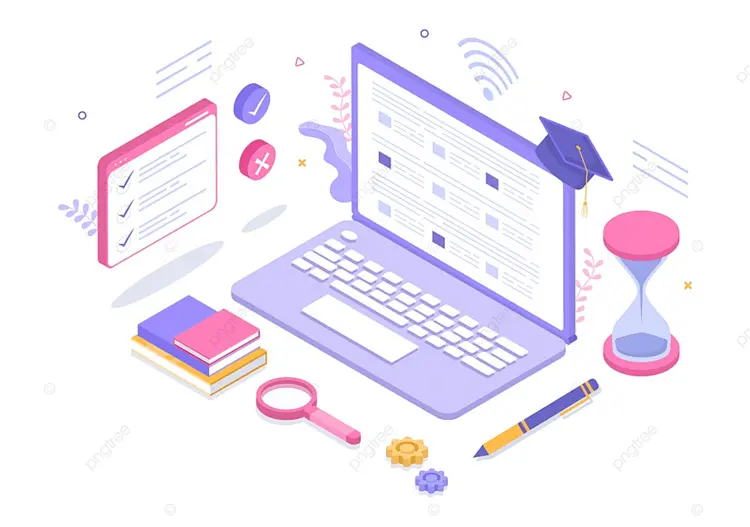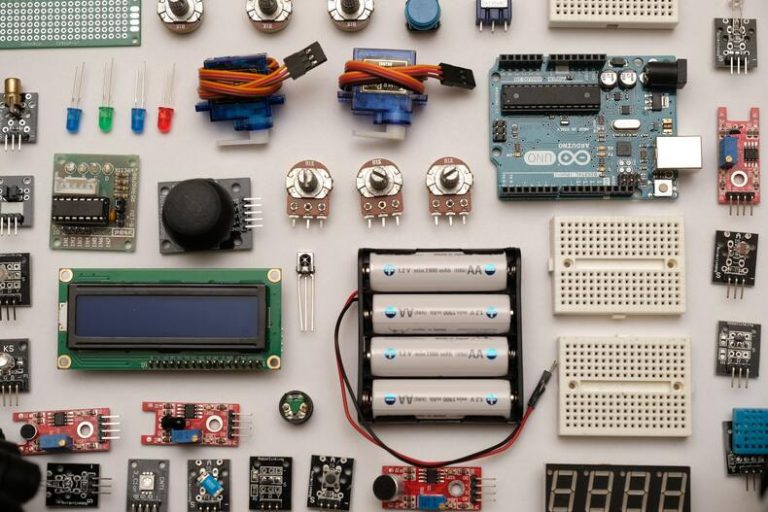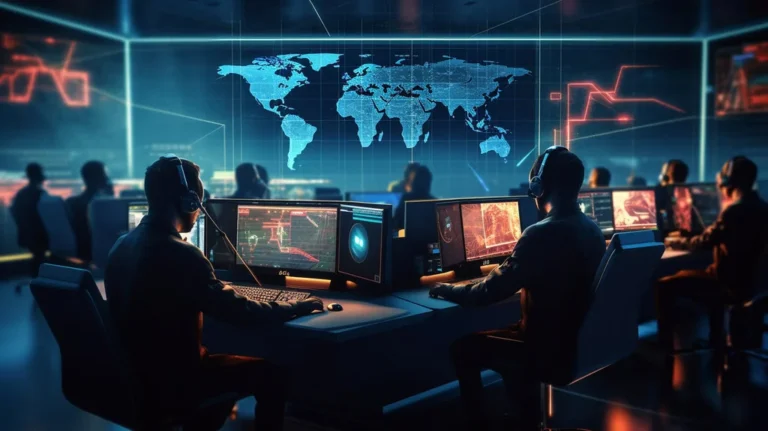Artificial Intelligence and the Next Industrial Revolution
When someone brings up the concept of the industrial revolution, many people think of a period of history commonly referred to as “The Industrial Revolution,” namely the stretch at the end of the 19th century and the beginning of the 20th century, when many Western agrarian economies transitioned into manufacturing economies and factory systems replaced farms. However, the truth is that humans have more or less been in a perpetual state of technological innovation and industrial revolution since the first walking ape picked up a sharp rock.
Many historians today recognize at least four major industrial revolutions. The First Industrial Revolution began in the 18th century with steam power; the Second Industrial Revolution saw humankind harness the power of gas, oil, and electricity in the late 1800s; the Third Industrial Revolution brought nuclear energy and the first electronic devices; and the Fourth Industrial Revolution, which is ongoing today, is seeing the rapid and advanced evolution of the digital space.
Yet, many futurists believe that the Fourth Industrial Revolution is beginning to wane and that a new era of the industry is already on the horizon thanks to a technology that continues to evolve: artificial intelligence. Here’s what you need to know about AI and the Fifth Industrial Revolution.
Enduring Obstacles in the Fourth Industrial Revolution
The Fourth Industrial Revolution — sometimes abbreviated to 4IR or Industry 4.0 as a tongue-in-cheek reference to the progressive naming of digital technologies — has undeniably shifted the human race forward, giving people with digital technology the opportunity to do more, faster than ever before. As with industrial revolutions of the past, Industry 4.0 has strong potential to radically improve the quality of life for people around the world, raising global income levels while dropping prices.
However, 4IR has aimed to accomplish this feat by blurring the lines between physical and digital realities, which presents more than a few challenges that society with its existing technology has struggled to overcome. Some of the most enduring obstacles of Industry 4.0 include:
The analysis of structured and unstructured data at scale. Data is exceedingly valuable to businesses, which utilize data to inform decision-making, refine operations and create new opportunities for revenue. While current digital technologies are excellent at capturing data, they are not always adept at organizing or analyzing it, which leaves organizations with excessive volumes of data to parse manually.
The diversification of external factors driving demand. Consumers have access to the same digital technologies that have given organizations unprecedented opportunity to identify patterns, influence trends, and alter behavior, and consumers are using this tech to shift their spending more rapidly and seemingly more erratically. As a result, businesses are finding it more difficult to forecast demand and optimize order and shipping decisions.
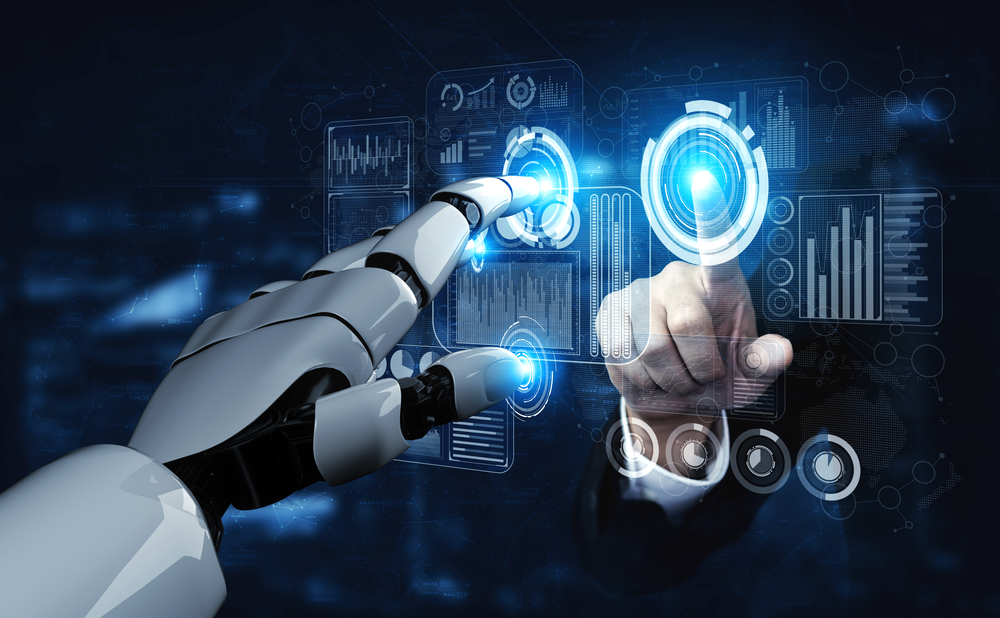
Digital technology has advanced society in myriad ways, but it has fallen short of the ideal solutions. Businesses and consumers need to make rapid, accurate predictions and eliminate risk. To overcome those challenges, we need another industrial revolution — one led by AI.
Artificial Intelligence and a New Industrial Era
There are some technology experts who argue that automation tools, including machine learning and narrow AI, belong to the Fourth Industrial Revolution simply due to their introduction at this point in history. Indeed, current AI has proven itself useful in its ability to analyze data and make better predictions — but the tech is not even close to its conceivable power as an industrial tool.
At present, AI solutions are exceedingly narrow, barely operating beyond the scope of traditional programs — but that is not all that AI can be. The goal for many researchers and developers in the AI space is to create computer programs that can think and learn as the human brain can, but with greater speed and accuracy. This would provide organizations and consumers with a tool that can recognize patterns, process information, draw conclusions and make recommendations faster and better than a human worker. By applying AI not just to mundane and simple tasks but to a wide variety of business endeavors, organizations can meet every customer need while all but eradicating waste.
We are still at the tail end of Industry 4.0, but an AI-driven 5IR is coming into focus. Business executives should enroll in artificial intelligence courses to better understand the field of AI as it currently exists and it has potential as an advanced technology in the future.

